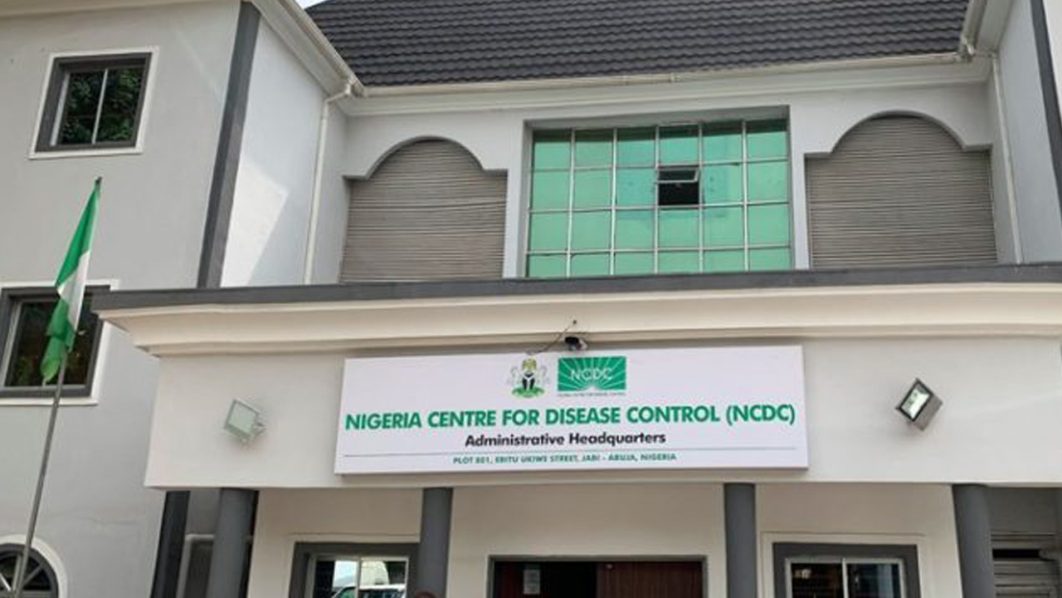
Idris urges focus on existing disease threats
About 1,031 suspected cases of monkey pox (mpox) have been reported in 35 states and the Federal Capital Territory (FCT) with 67 confirmed cases in 23 states and FCT.
A breakdown of confirmed cases shows that Akwa Ibom and Enugu have eight each, Bayelsa (six), Cross River (five) Benue, Delta and Plateau (four apiece), FCT, Imo and Lagos (three), Anambra, Abia, Osun, Ogun and Rivers (two). Kaduna, Gombe, Edo, Niger, Ebonyi, Nasarawa, Kebbi and Oyo recorded single cases.
The Nigeria Centre for Disease Control and Prevention (NCDC) also announced, yesterday, that suspected Lassa fever cases in the country have risen to 7,973, with 982 confirmed.
In a wake-up call to Nigeria’s health authorities, the Director General of NCDC, Dr Jide Idris, warned that emerging diseases like mpox should not overshadow ongoing battles against long-standing public health threats.
Briefing journalists, yesterday, in Abuja, Idris said that mpox cases had been reported in all the states of the federation, except Borno, adding that the agency was using enhanced surveillance to prevent the importation of the disease.
Mpox cases in Nigeria, he noted, are the Clade 2B type, which is less serious, but warned that neighbouring Cameroon has the Clade 1B type, which is very serious and can spread faster.
According to Idris, the NCDC has enhanced cross-border surveillance, intensified surveillance among special groups and sustaining the provision of Medical Counter Measures for response.
He said, “We are working with the port health authority to prevent the importation of Clade I of mpox into the country. The port health authority is also working with border states to prevent the Clade 1 from entering the country. We have laboratories across the country, but not all have the same capabilities to test mpox. So, we are optimising our laboratories to detect, so that we don’t have to carry samples across states. We are also involved in awareness creation.”
Idris urged healthcare workers to follow standard safety protocols, including droplet precautions when treating patients. On Cholera, the NCDC noted that it recorded 141 suspected cases and one death in Week 36 in Katsina, Lagos, Kano, Jigawa and Adamawa states across 19 local councils, with a case fatality rate of 0.7 per cent. He warned of a possible outbreak following the recent flooding in Borno.
For Diphtheria, the report showed that 12,085 suspected cases were recorded in 21 states across 170 local councils with 7,784 confirmed cases. Public health physician and founder of MakeOurHospitalWork Campaign, Dr Laz Eze, noted that children under five years, who were not immunised, and adults above 60 years of age were most likely to be affected.Eze advised invalid persons to avoid self-medication and seek quality care from trained healthcare providers.
THE Lassa fever cases were recorded across 127 local councils in 28 states between January and August 25, 2024. Data also showed that 168 deaths (including 17 probable) were recorded, with a case fatality rate of 17.1 per cent.So far, the report added, 34 healthcare workers have been affected.
Regarding response activities, Idris said the agency conducted the 2024 National Lassa Fever After Action Review workshop, held multisectoral Lassa Fever webinar series, and participated in the LF Taskforce Secretariat Meeting with CEPI, among other initiatives.
SPEAKING at a press conference, yesterday, in Abuja, Idris emphasised, “Once a new disease comes up, there is a tendency to forget the existing ones. Some of these outbreaks are still killing people more than mpox.”
As mpox cases climb from 48 to 67, Nigeria faces a precarious situation. Only one state has yet to report a case, prompting the DG to call for an urgent expansion of the country’s laboratory capacity to test for the disease.
“We need to increase the number of laboratories in the states to ensure prompt testing for mpox. At least two labs should be optimised in each geopolitical zone,” he added.
The NCDC is also enhancing cross-border surveillance and strengthening monitoring among special groups to ensure timely response and containment. The call to action doesn’t stop with mpox. Antimicrobial Resistance (AMR) is a silent pandemic overshadowing even the “big three” of malaria, HIV and tuberculosis, with devastating consequences.
According to NCDC’s Lead on AMR, Dr Tochi Okwor, 64,500 deaths are attributable to AMR, while 263,400 deaths are associated with it. AMR, fuelled by the misuse of antibiotics in hospitals, farms and communities, remains a critical issue.
Okwor warns, “Taking antibiotics when they are not needed or buying them without a prescription is driving resistance. We are losing ground in this fight, and the consequences are deadly.”






